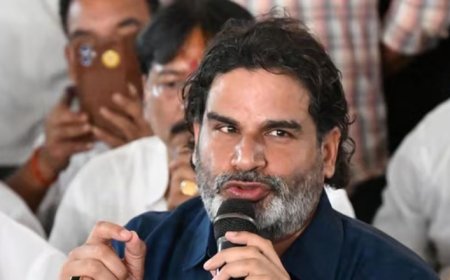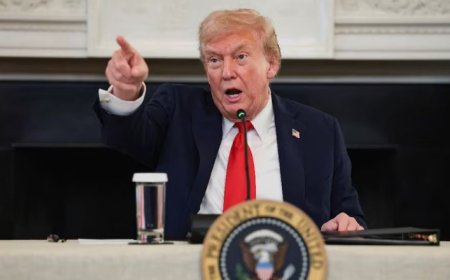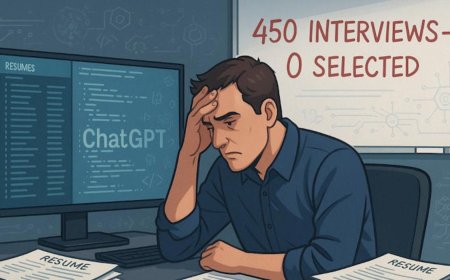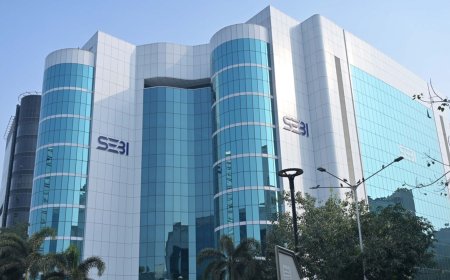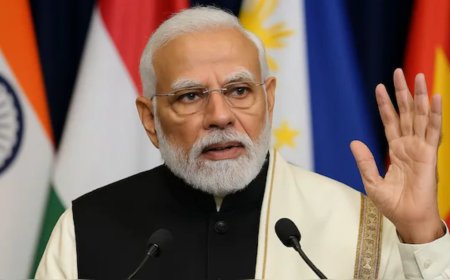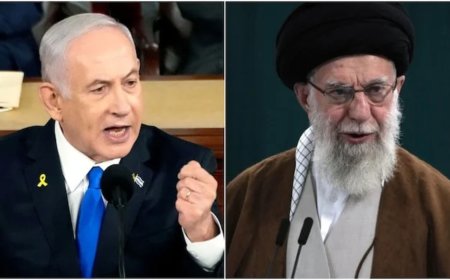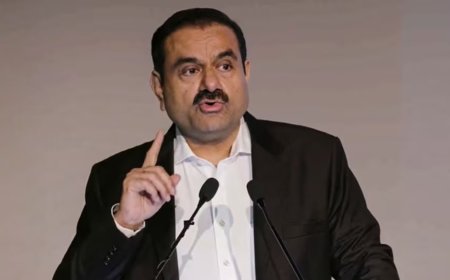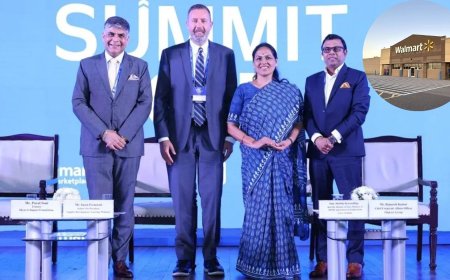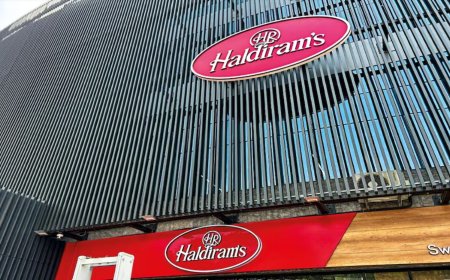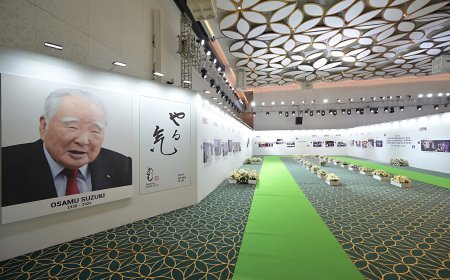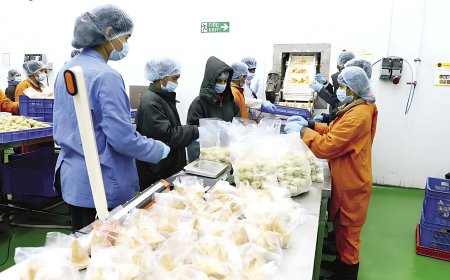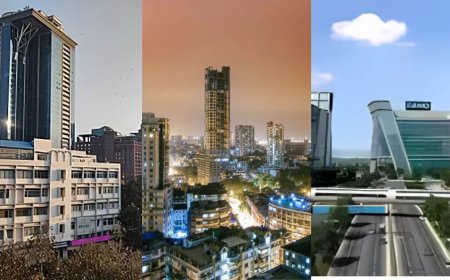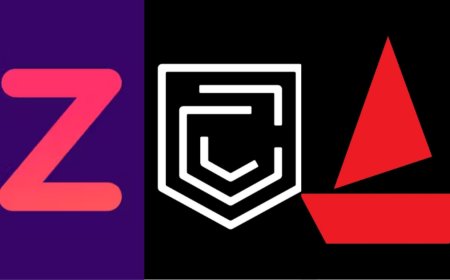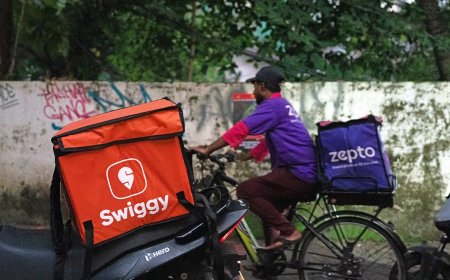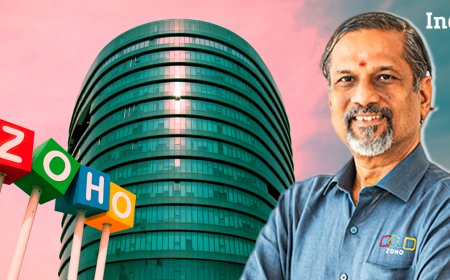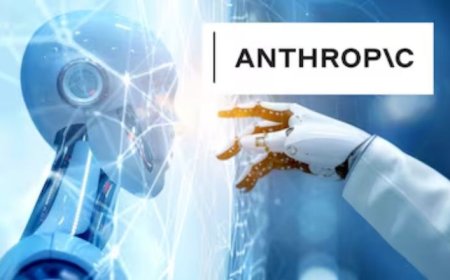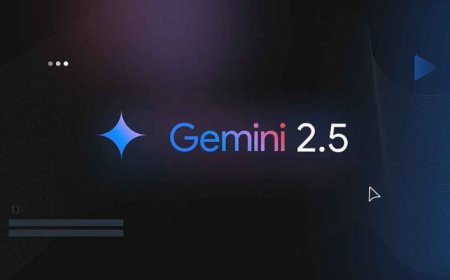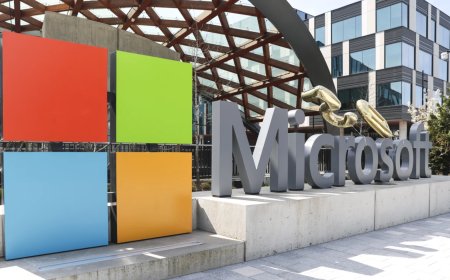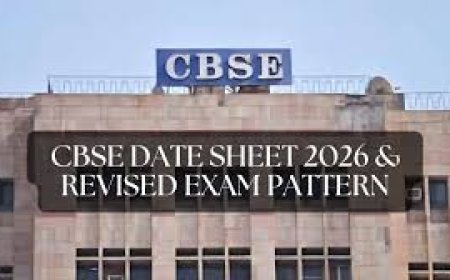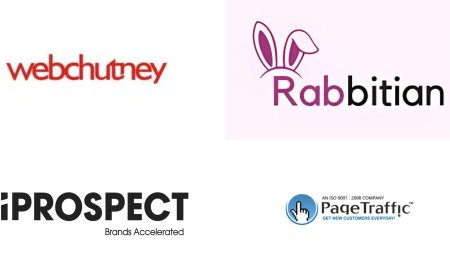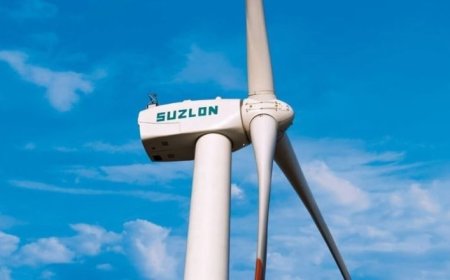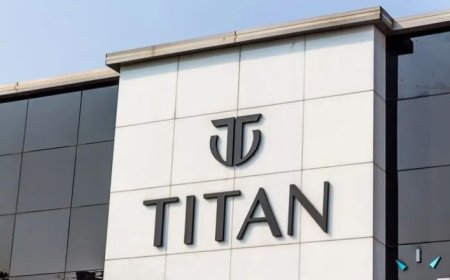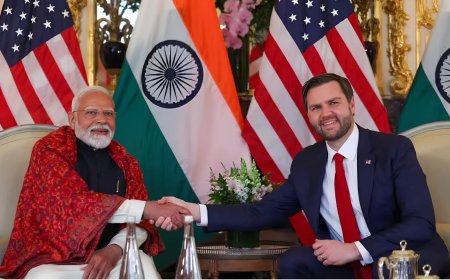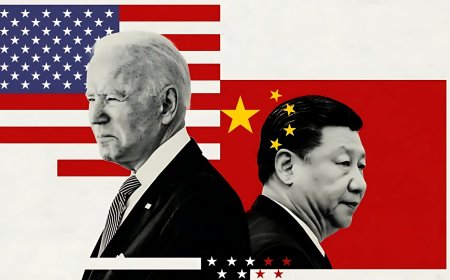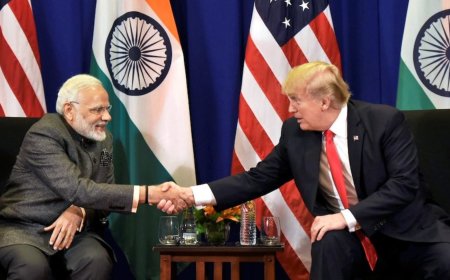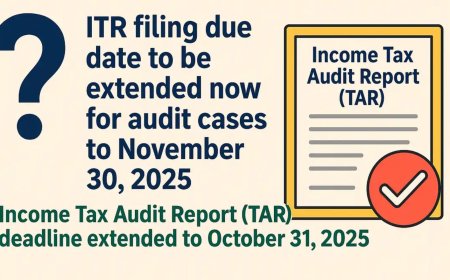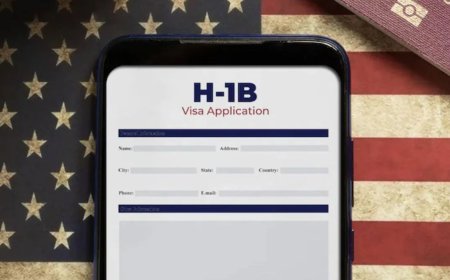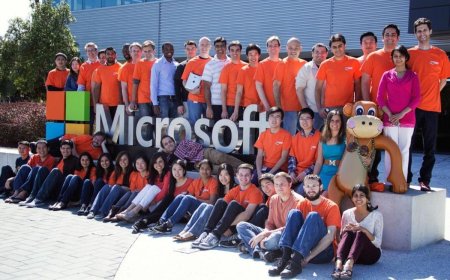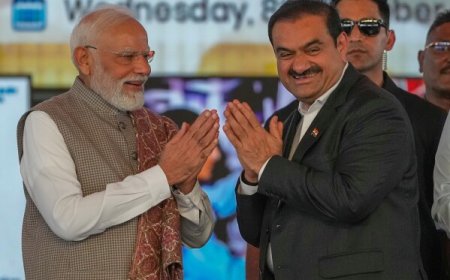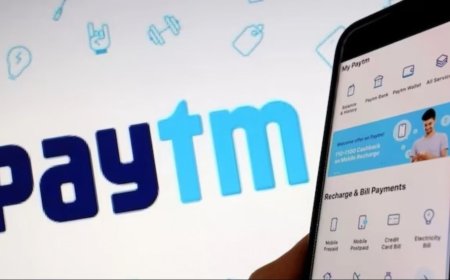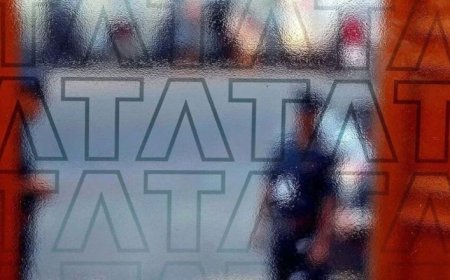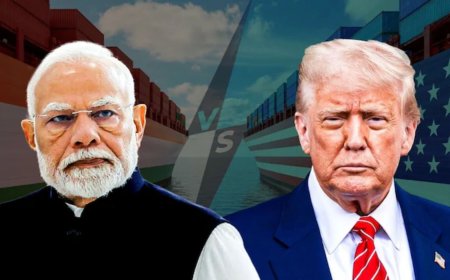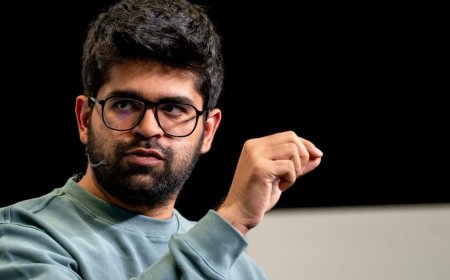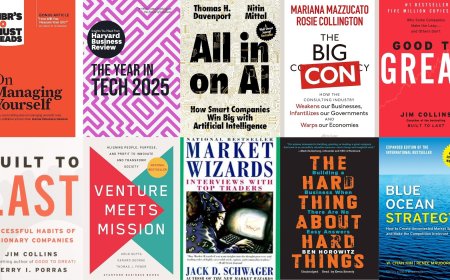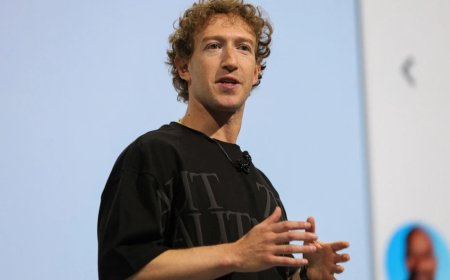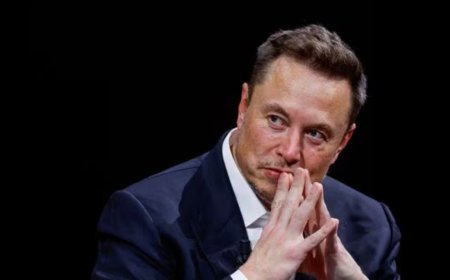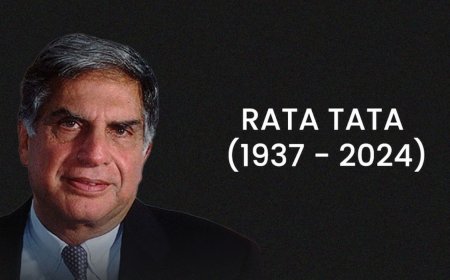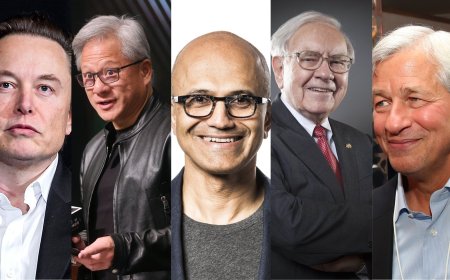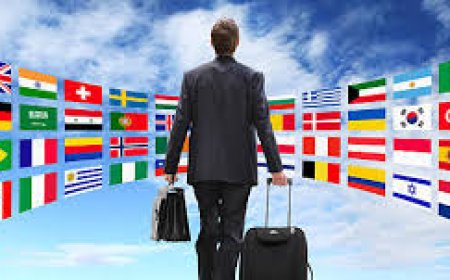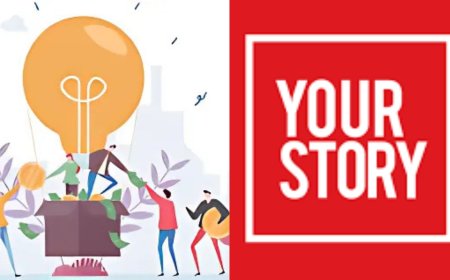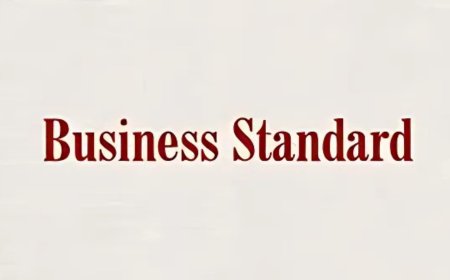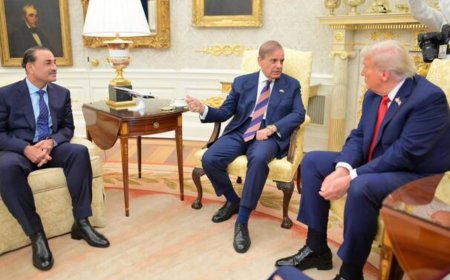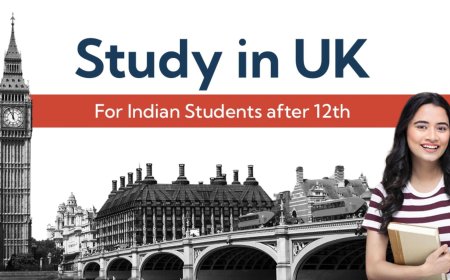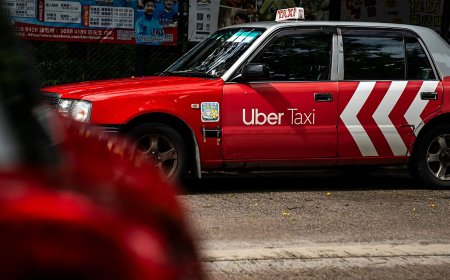Trump Administration Proposes End to H-1B Lottery System, New Wage-Based Rules
The Trump administration plans to replace the H-1B lottery with a wage-based system, giving preference to higher-paid, skilled workers, which could greatly impact Indian professionals.
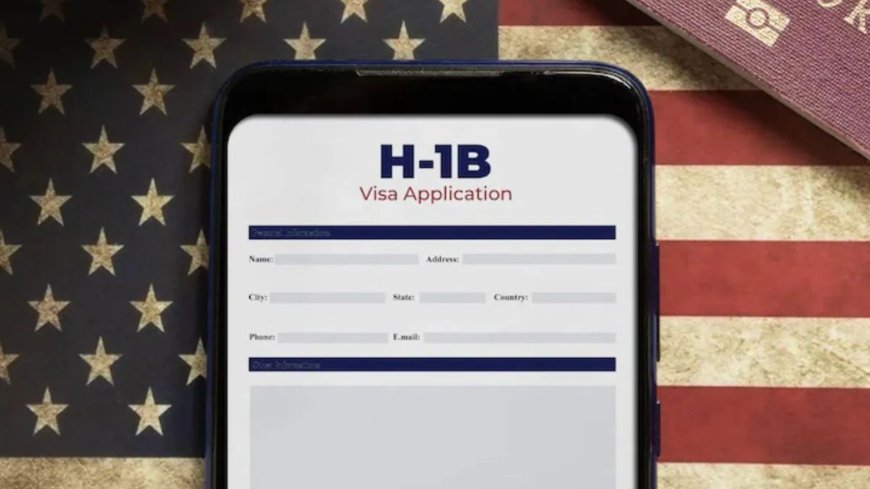
From Random Lottery to Wage-Based Selection
Currently, the H-1B visa operates through a random lottery system, allowing U.S. employers to hire skilled foreign workers in sectors like technology and engineering. Under the new proposal, the odds of selection would depend on the salary level of the applicant.
For instance, candidates in the top wage tier—earning around $162,528 annually—would receive four entries in the selection pool, while entry-level workers in the lowest tier would receive just one. This change would significantly improve the chances of senior, higher-paid professionals while limiting opportunities for younger graduates and junior-level talent.
Impact on Global Talent Flow
According to immigration attorney Nicole Gunara, this rule could reshape global talent mobility, pushing the U.S. workforce towards more senior, highly paid roles. She explained, “If this rule goes into effect, the H-1B lottery will no longer be purely random. Instead, it will be weighted by salary level, giving a strong edge to senior professionals while recent graduates and early-career workers face steep odds.”
This shift could benefit established companies like Meta, Google, and Amazon, which can afford higher salaries, while startups and smaller firms may struggle to attract younger international talent.
Financial and Political Context
The proposal comes just days after President Trump signed a proclamation imposing a $100,000 fee on each new H-1B application, citing the need to “put American workers first.” The White House clarified that the measure aims to discourage companies from misusing the system and driving down wages while giving certainty to businesses that genuinely require high-skilled workers.
However, the move has drawn criticism for being protectionist, with concerns it could reduce innovation and global competitiveness.
Indian IT Companies at Risk
Indian professionals are the largest beneficiaries of the H-1B program, accounting for 71% of approved applications, according to U.S. Citizenship and Immigration Services. Major Indian IT firms like TCS, Infosys, and Wipro depend heavily on H-1B visas, and the new rules could cost them billions. A direct consequence may be reduced hiring in the U.S. or shifting jobs back to India.
Broader Implications
The Trump administration argues that the reforms align with its “America First” policy, ensuring priority for U.S. workers. Critics, however, warn that the changes could weaken the U.S.’s position as a global hub for talent.
The timing of this proposal is particularly significant, coinciding with visits by India’s External Affairs Minister S. Jaishankar and Commerce Minister Piyush Goyal to the United States, where trade and immigration issues are expected to be central to discussions.
What's Your Reaction?
 Like
0
Like
0
 Dislike
0
Dislike
0
 Love
0
Love
0
 Funny
0
Funny
0
 Angry
0
Angry
0
 Sad
0
Sad
0
 Wow
0
Wow
0
